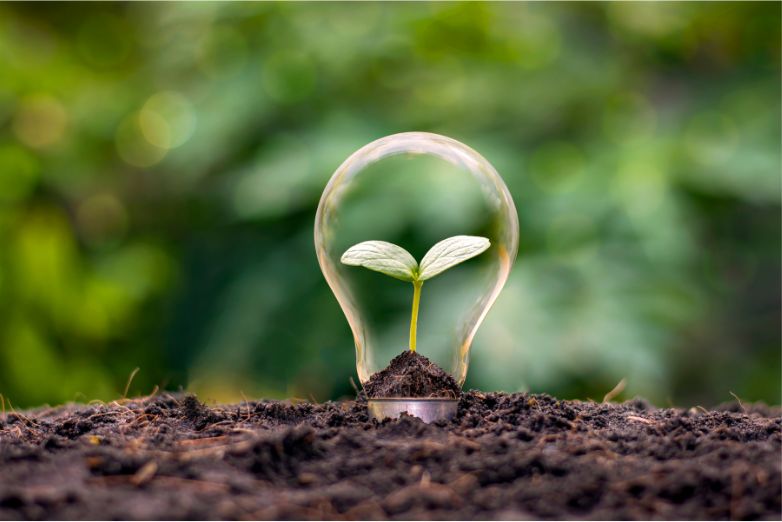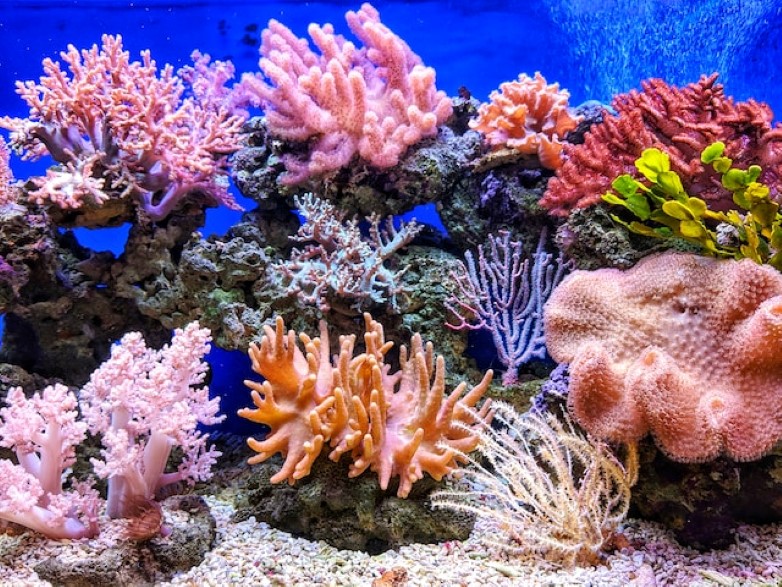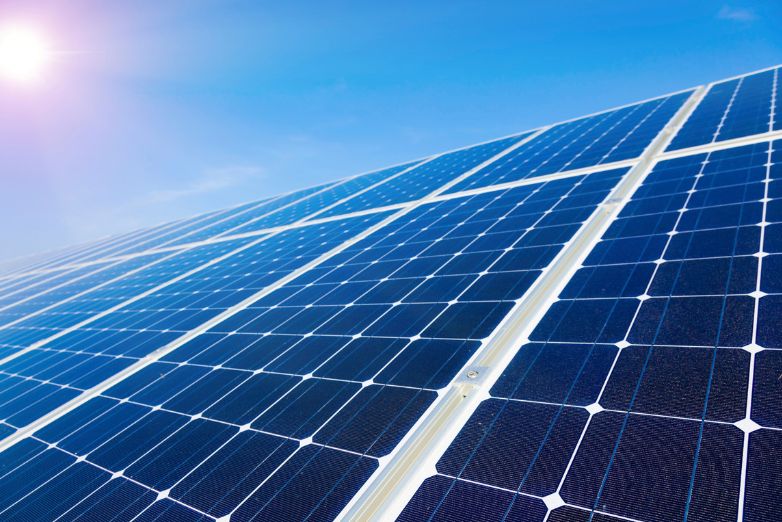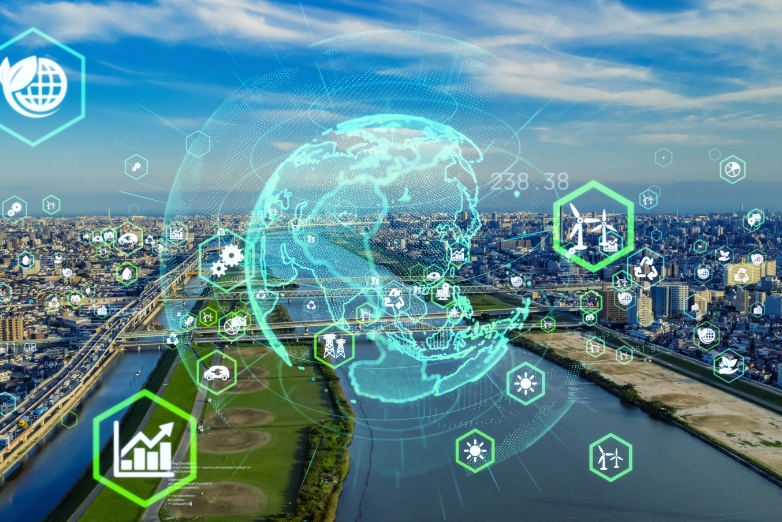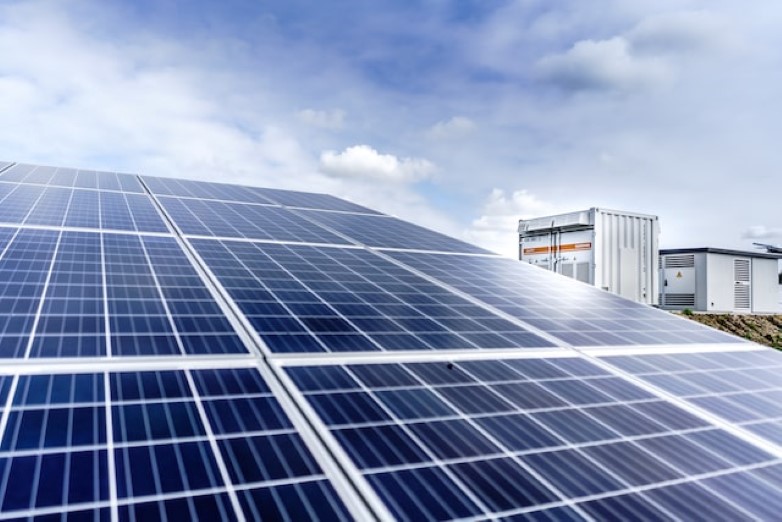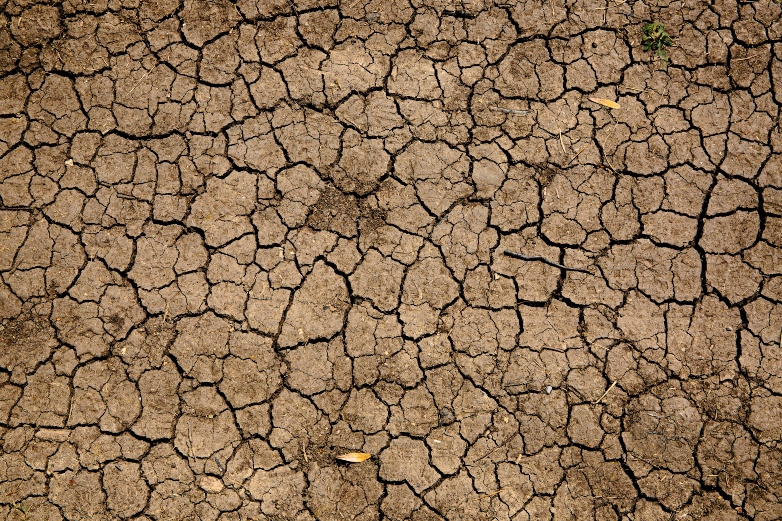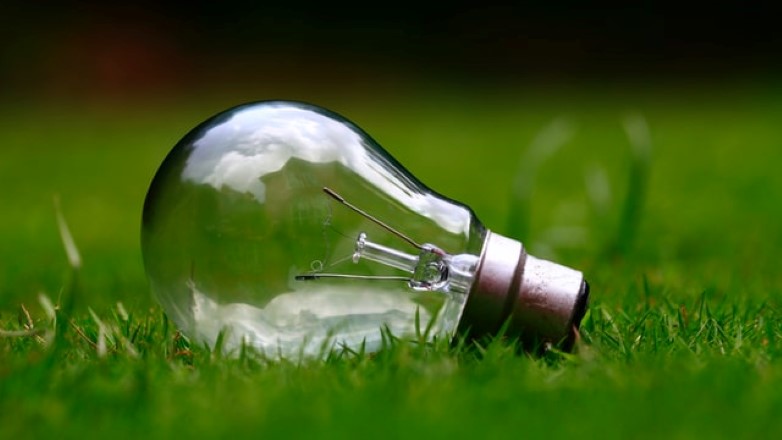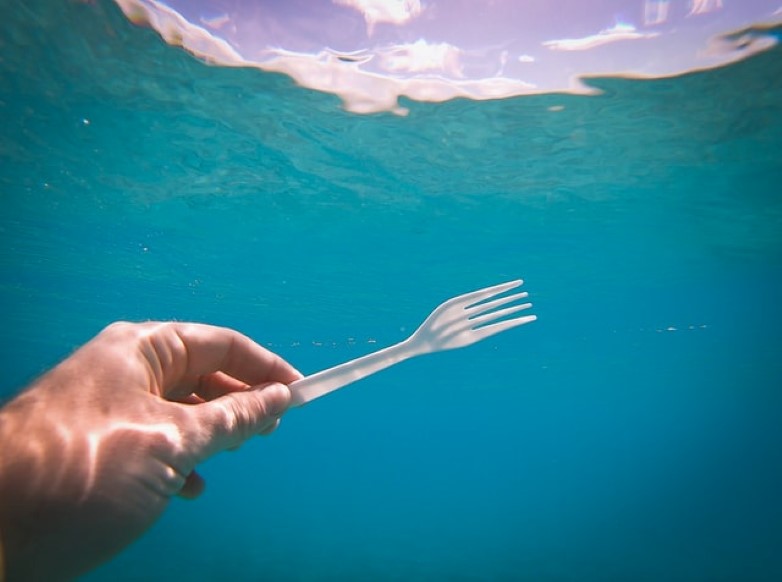Geothermal Energy: Germany’s Potential for Carbon-Neutral Heating
Geothermal energy is being hailed as a promising solution for renewable heating in Germany, with significant potential to reduce carbon emissions. Munich, home to the famous Oktoberfest, is utilising geothermal energy by extracting hot water from underground sources beneath the fairground, powering a massive geothermal plant that supplies heat to around 80,000 local residents. This hidden energy source has gained attention as Germany grapples with how to transition away from gas-fired boilers in new homes, a move aimed at curbing CO2 emissions from the heating sector. More…

